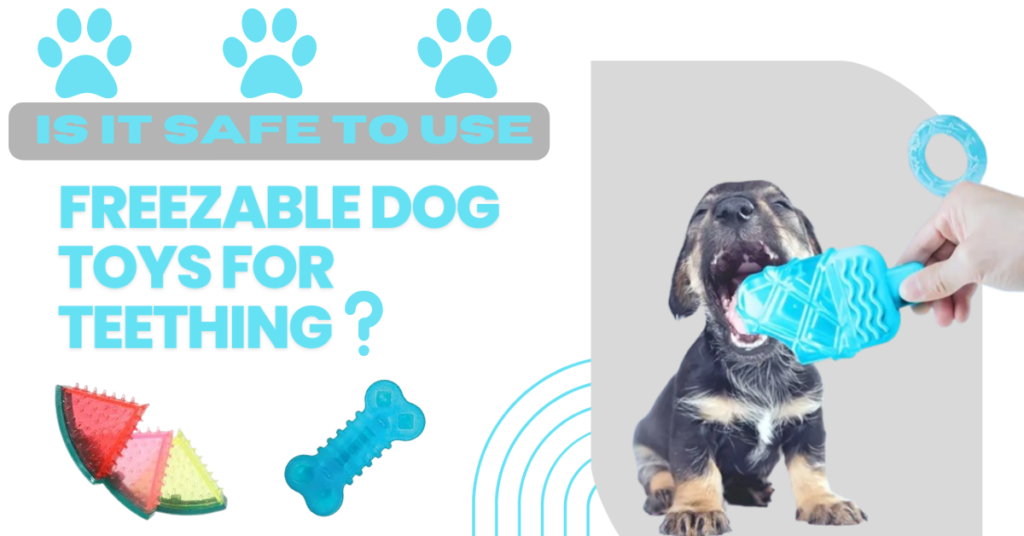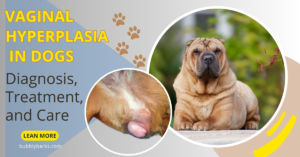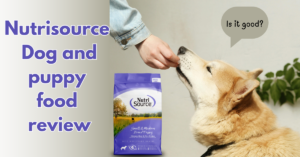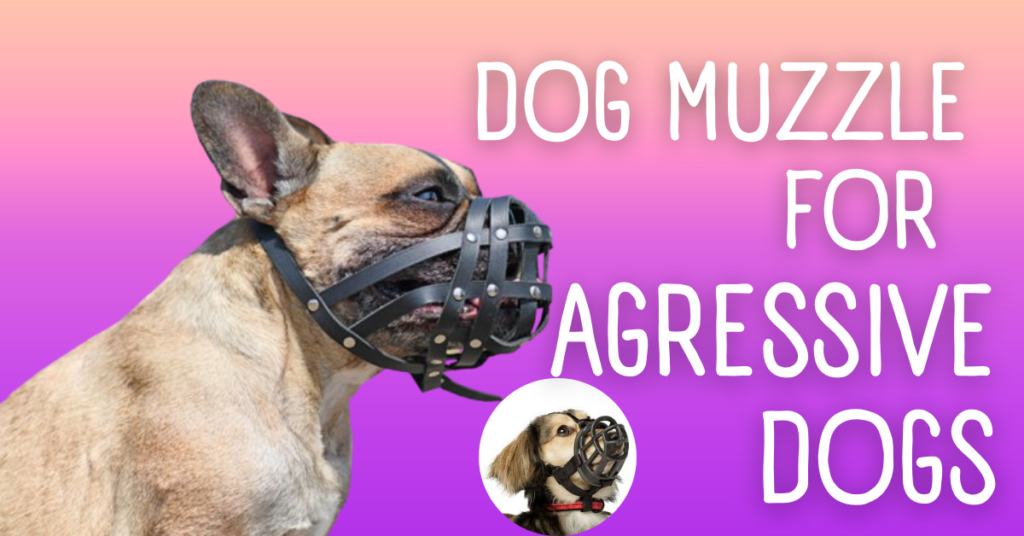Pet parents with teething pups or those who are enduring a hot summer are the target market for frozen dog toys, which effectively offer the same refreshing relief that people get from eating a popsicle or other cold treat. Please read the information below to find out more about Freezable dog toys for teething, their uses, and their advantages.
How do Freezable dog toys for teething work?
Many dog chew toys—even some without any explicit mention of it—can be frozen. About three weeks is when a dog begins to teethe. All of their baby teeth sprout by six weeks, and at twelve weeks, they start to fall out. By the time your puppy is six months old, all of its adult teeth should be in.
Lifting back a teething puppy’s jowls can reveal the irritation and inflammation of its gums. However, chewing on frozen toys can lessen the discomfort. Chewing on Freezable dog toys helps ease the pain and suffering that puppies experience during their teething process.
Benefits of Freezable dog toys for teething
- A cold to put on the gums might help numb and reduce pain, similar to applying an ice pack to an enlarging ankle.
- The cold is likewise intended to lessen swelling by restricting the nearby blood vessels and decreasing circulation.
- Rubber-based frozen dog toys are a particularly effective option for numbing and lowering inflammation because they won’t freeze solid, keeping them sufficiently malleable for your puppy’s tongue.
- Rubber toys are also frequently more resilient; while they aren’t infallible, they are known to withstand puppy teeth very well.
- Cold toys provide relief for teething pain in puppies.
- The feel of the tooth has the potential to relax gum tissue and alleviate most of the strain and pain associated with the emergence of new teeth. The unusual form may facilitate your puppy’s access to their back tooth.
Are freezable dog toys for teething safe?
Take into consideration dog toys that are designed to be frozen to prevent these unexpected effects. They can provide unique design advantages that other toys cannot, in addition to being safer. Specifically, they are intended to provide two main benefits: cooling properties and pain alleviation during teething. Although your puppy’s gums may find some relief from a chilly teething ring, a frozen or too cold teething ring will likely be too harsh for them.
Which precaution should be taken while choosing freezable dog toys for your puppy’s teething?
Both puppy owners and puppies may find the teething period to be complicated. Destructive behaviors like nibbling fingers or biting on your favorite piece of literature can be brought on by tooth pain. So, the following precautions should be taken while choosing teething toys for your puppy-
- Select chew toys made of durable rubber or nylon materials that can endure your pet’s powerful jaws rather than harsh materials that could harm their teeth.
- Avoid buying toys that your pet might gnaw off and break into pieces that could snag or suffocate them.
- Steer clear of those that are liquid-filled. It would be easy for your puppy to chew through the ring and get anything strange in its mouth.
- Additionally, you should ensure that the teething ring is free of tiny objects, such as rattles or decorations. Small pieces may be harmful to your pet, even though they may amuse your puppy.
- Make sure your dog has toys that fit your puppy size; steer clear of toys that are too tiny for her to ingest whole.
How do you select Freezable dog toys for teething?
In particular, aggressive chewers should exercise caution in this regard. Because toys tend to become slightly more fragile after freezing, particularly if they are made of rigid material, freezing toys aren’t always the ideal choice for these dogs. Freezing snacks might be a better option for a very persistent chewer, particularly when combined with alternatives like an icy belt or carpet for dogs—and, obviously, shading, fluid, and cooling systems whenever feasible.
The frozen dog toys presented here were chosen through a combination of in-person testing, a thorough examination of customer feedback from a wide range of retail platforms, and consultations with veterinary professionals.
Summary
A frozen dog toy is a wise option for teething puppies since its chilly surface soothes sore gums. The true benefit of a freezable dog toy, however, lies not so much in its ability to chill physically as it does in its ability to hydrate. In addition to providing comfort, these frozen teething toys for puppies allow them to safely and appropriately indulge their chewing urges, helping them form good dental habits at this critical developmental stage.
Puppies may also exhibit episodes of irritation or mood swings while they endure the painful process of teething. By being aware of these clear indications and symptoms, pet owners may better assist their furry friends in managing teething discomfort by giving appropriate support, like comfort items, and setting up a comfortable atmosphere.
FAQs- Freezable dog toys
Q.1 Does giving puppies cold toys help them teethe?
Ans- Yes, pups frequently find that teething pain is relieved by gnawing on cold or frozen objects.
Q.2 Does ice help dogs that are teething?
Ans– Similarly, giving teething puppies ice is not advised; instead, let them chew on frozen or cooled treats. Dogs are still allowed to play and lick ice cubes, though.
Q.3 Is it possible to freeze dog teething toys?
Ans- That being said, you might not want to start freezing every chew toy your dog owns. When frozen, materials like plastic and rope can become excessively rigid. Furthermore, an overly firm toy can harm a dog’s teeth, particularly in young puppies.
Q.4 Is it safe to store dog toys in the freezer?
Ans- Of course, nothing presents a better challenge in the sweltering summertime than a frozen dessert. Since many of our enrichment toys are freezer-safe, you may personalize them with his preferred toppings and snacks before freezing them for a longer-lasting cold delight.
Q.5 For puppies who are teething, are ice cubes safe?
Ans- Giving your dog ice cubes could be too harsh on their teeth, and there’s a chance they could swallow them whole. Ice cubes are a poor substitute for frozen carrots.
Also Read: Vaginal Hyperplasia In Dogs-Symptoms And Solutions







